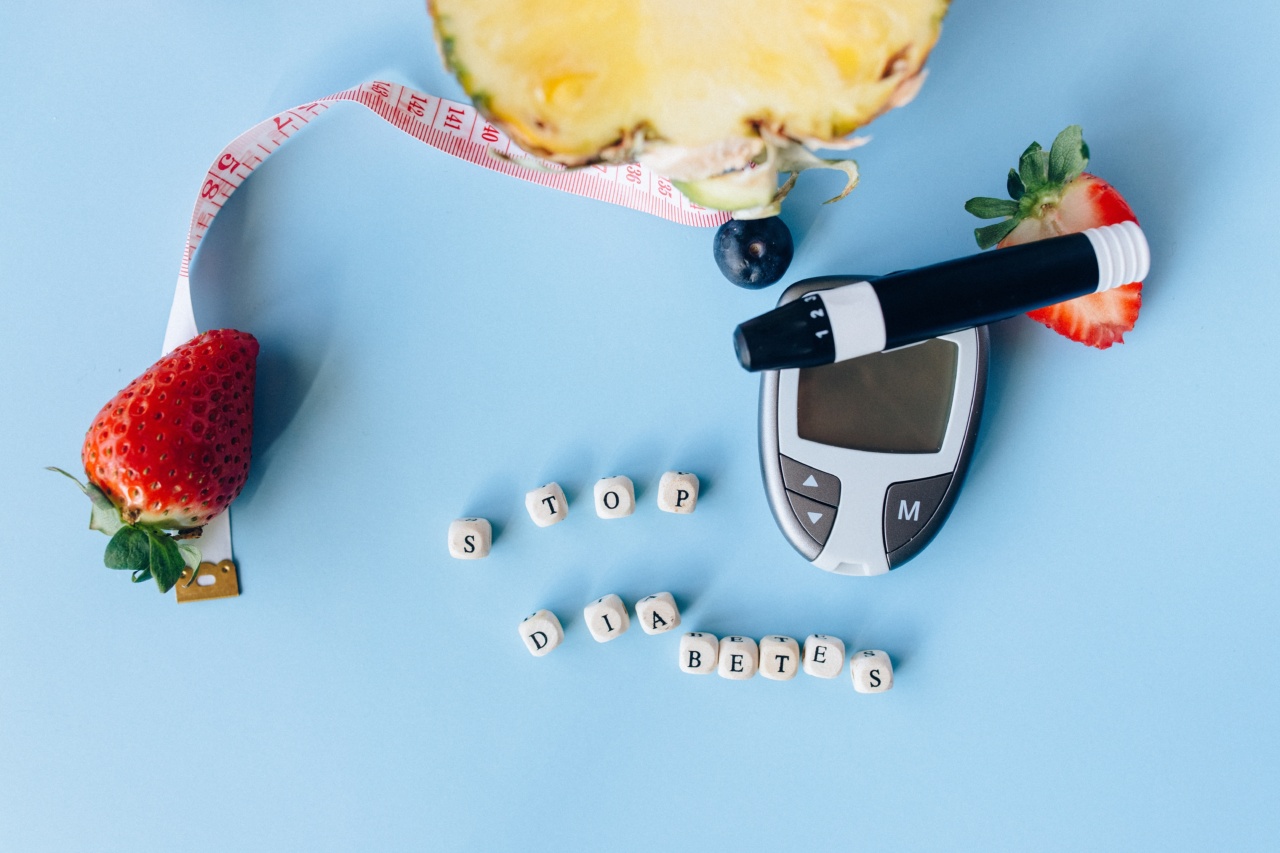Introduction.
Diabetes is a chronic condition that affects millions of people worldwide. Managing blood sugar levels and preventing complications are critical for individuals with diabetes.
While medication and lifestyle changes are common approaches, diet plays a vital role in controlling diabetes. Blueberries, known for their sweet taste and vibrant color, have gained significant attention for their potential health benefits, particularly for individuals living with diabetes.
In this article, we will explore the effective combination of blueberries and diabetes management.
Understanding diabetes
Diabetes is a metabolic disorder characterized by high blood sugar levels. Type 1 diabetes occurs when the body does not produce enough insulin, while Type 2 diabetes occurs when the body becomes resistant to insulin or fails to use it effectively.
Both types of diabetes require diligent management to prevent complications.
The nutritional powerhouse: Blueberries
Blueberries are small, round berries that belong to the Vaccinium family. These berries are packed with essential nutrients and powerful antioxidants, making them a nutritional powerhouse for individuals with diabetes.
Antioxidants and blood sugar control
The antioxidants present in blueberries, such as anthocyanins, have been linked to improved blood sugar control.
These compounds help to regulate glucose metabolism and enhance insulin sensitivity, allowing for better utilization of glucose by the body’s cells.
Beneficial effects on insulin resistance
Insulin resistance is a common characteristic of Type 2 diabetes. Blueberries have shown promising effects in reducing insulin resistance and improving insulin sensitivity.
Regular consumption of blueberries may help individuals with diabetes manage their blood sugar levels more effectively.
Reduced risk of complications
Diabetes increases the risk of various complications, including heart disease and nerve damage.
The powerful antioxidants found in blueberries can offer protection against these complications by reducing inflammation, oxidative stress, and maintaining vascular health.
Blueberries and glycemic index
The glycemic index (GI) ranks foods based on their effect on blood sugar levels. Foods with a high GI can cause a rapid increase in blood sugar, while those with a low GI produce a slower and more gradual increase.
Blueberries have a low GI, which means they have a minimal impact on blood sugar levels. This makes them an excellent choice for individuals with diabetes as part of a balanced diet.
Incorporating blueberries into a diabetes-friendly diet
There are several creative and delicious ways to incorporate blueberries into a diabetes-friendly diet:.
1. Add blueberries to your breakfast
Sprinkle a handful of fresh blueberries on your cereal, yogurt, or oatmeal to add natural sweetness and a burst of flavor.
2. Enjoy blueberries as a snack
Keep a container of washed blueberries in your refrigerator to grab for a quick and healthy snack option. They provide a satisfying crunch and are low in calories.
3. Blend blueberries into smoothies
Add a handful of blueberries to your favorite smoothie recipe for a nutritional boost. They pair well with other fruits, vegetables, and protein sources.
4. Use blueberries in baking
Swap out high-sugar ingredients in baking recipes with blueberries. They can add natural sweetness and moisture to muffins, pancakes, and desserts.
5. Experiment with savory dishes
Blueberries are not just limited to sweet recipes. Try adding them to salads, salsas, or sauces for a unique flavor twist.
Precautions and considerations
While blueberries offer numerous benefits, individuals with diabetes should still consider the following:.
1. Portion control: Blueberries, like any fruit, should be consumed in moderation as part of a balanced diet to avoid spikes in blood sugar levels.
2. Individual tolerance: Each individual’s body responds differently to foods. It is essential to monitor blood sugar levels after consuming blueberries to understand personal tolerance levels.
In conclusion
Blueberries are a delightful and nutritious addition to a diabetes-friendly diet. Their antioxidant properties, impact on blood sugar control, and overall health benefits make them an effective combination when managing diabetes.
By incorporating blueberries into various meals and snacks, individuals with diabetes can enjoy a tasty and accessible way to support their health and well-being.



























